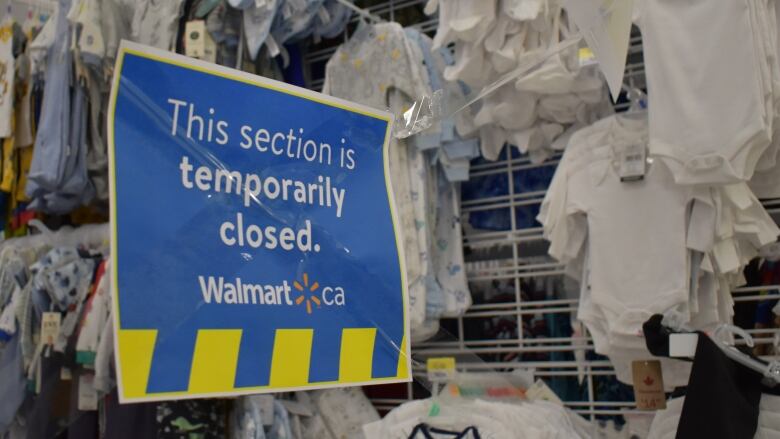What Ontario's new restrictions mean for Waterloo region
The province announced new restrictions and extended the stay-at-home order

The Ontario government announced new public health measures on Friday including the extension of its current stay-at-home order by another two weeks. The order is in place until May 20.
The new restrictions mean more closures, capacity limits and prohibiting outdoor gatherings with people outside the same household.
Here's how the measures will impactWaterloo region:
Outdoor recreation closures
The City of Kitchener released a statement on Friday withinformation about how the new restrictions will impact city and township services.
As of Saturday, all outdoor recreational amenities will be closed with limited exceptions. This includes basketball and tennis courts, soccer fields and golf courses.
Initially, the province said playgrounds would be on that list, but rolled back that restriction on Saturday.
"Our regulations will be amended to allow playgrounds, but gatherings outside will still be enforced," said Premier Doug Ford in a tweet.
Facilities such as pools, arenas and community centreswill remain closed.
Capacity limits
The Cambridge and Kitchener farmers' markets will remain open, but capacity will be reduced from 50 to 25 per cent.
Both indoor and outdoor weddings and funerals are limited to 10 people.
"Residents are encouraged to delay any non-essential business with their respective municipality or to consider conducting business online or by phone, where possible. All emergency services and essential regional and municipal services will continue," officials with the City of Kitchener said.
Police enforcement
Initially, the province had enhanced enforcement measures for police officers who were given the power to stop people at random and question them about their whereabouts.
At the time, many police bodies including Waterloo Regional Police Service (WRPS) and Guelph Police Service announced they would not be conducting random stops.
Following criticism, the Ford government reversed those policing powers on Saturday and allowed police to only stop people or vehicles if they are suspected of participating in a social gathering or organized public event.
The WRSP said in a release on Friday that its enforcement will be "both complaint driven or proactive, with the goal of gaining compliance."
Measures in Guelph were clarified on Sundayin a joint statementfrom the Guelph Police Service, City of Guelph and Wellington-Dufferin-Guelph Public Health.
"Existing orders provide Bylaw officers and Guelph Police the authority to disperse crowds, but they will not randomly stop people while they're out driving, walking, running, cycling etc. People can get out for work, groceries, healthcare and exercise as needed. There is no requirement for everyone to be home at a certain time of day," the statement said.
Mental health impact
There are 579 active cases and 20 outbreaks in the region as of Saturday.Meanwhile, Ontario reported4,250 new COVID-19 cases and 18 more deaths on Sunday.
"The situation in Ontario is extremely serious. Our health care system's capacity is threatened.Cases, hospitalizations, and sadly, deaths, will continue to rise and rise quickly unless we significantly reduce our mobility and limit our contacts further," said Dr. Hsiu-Li Wang, the region's medical officer of health, in a statement Friday.
"To protect ourselves, and each other, we all must stay at home as much as possible, minimize close contacts, and continue to follow all public health precautions diligently and consistently to slow the spread of COVID-19," she said.
The region acknowledged that restrictions may be difficult for some in the community and encouragedresidents to stay connected virtually and be "mindful of feelings of isolation."
The region said people can contact local professional mental health support fromHere 24/7 at 1-844-437-3247.












_(720p).jpg)


 OFFICIAL HD MUSIC VIDEO.jpg)
.jpg)



























































































